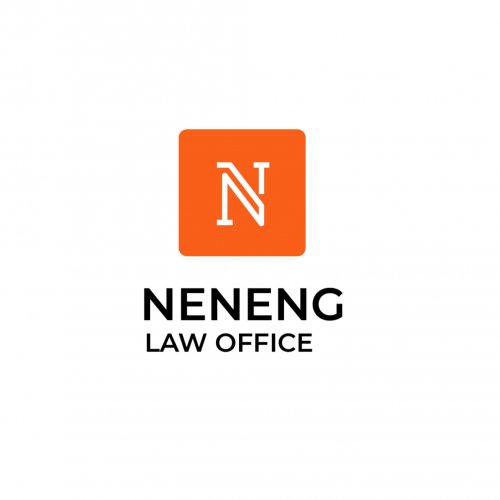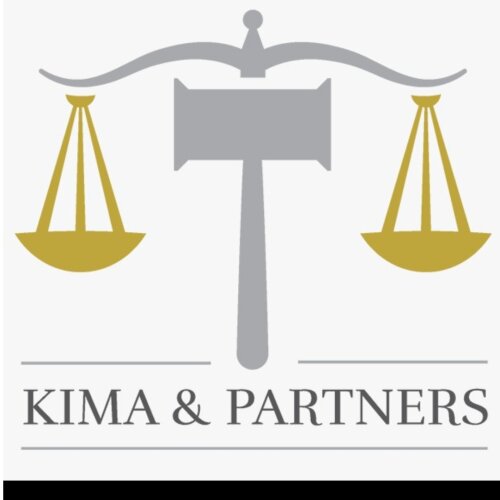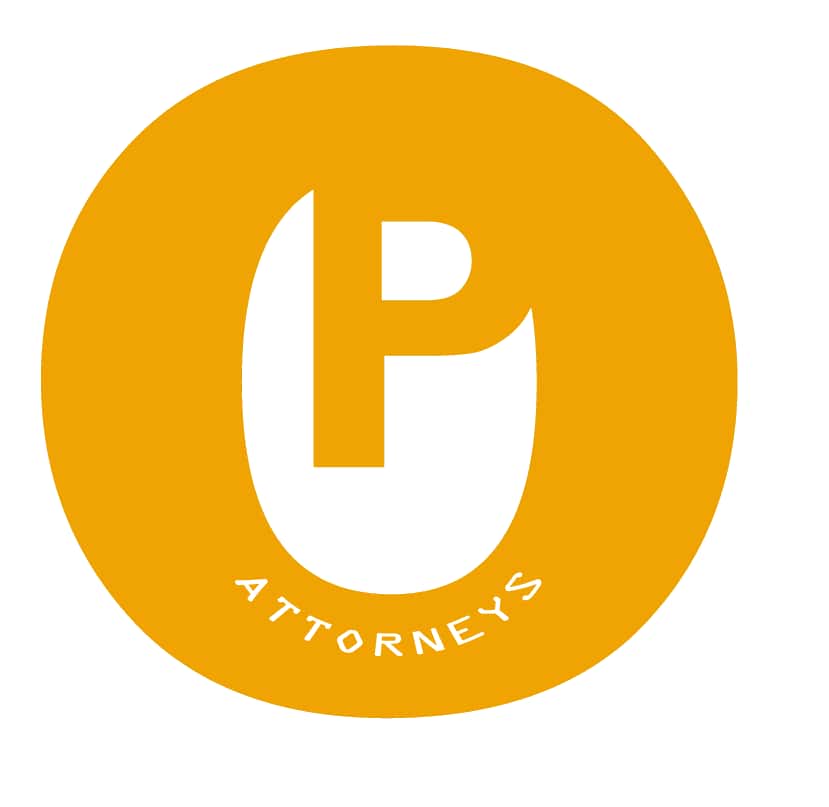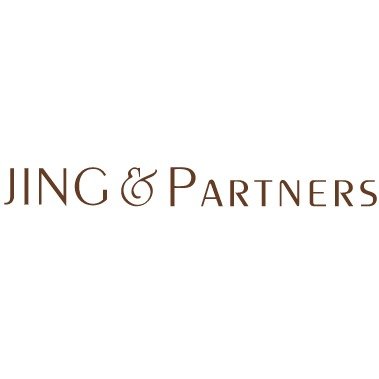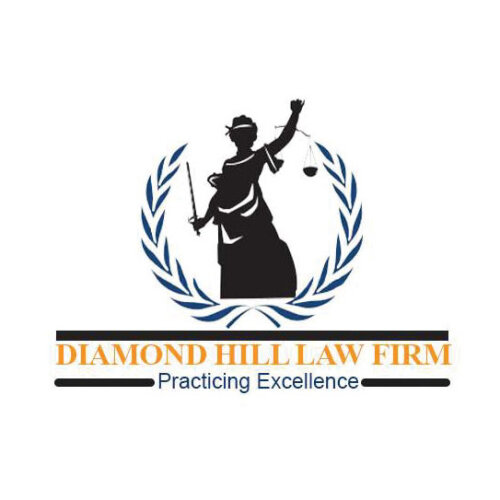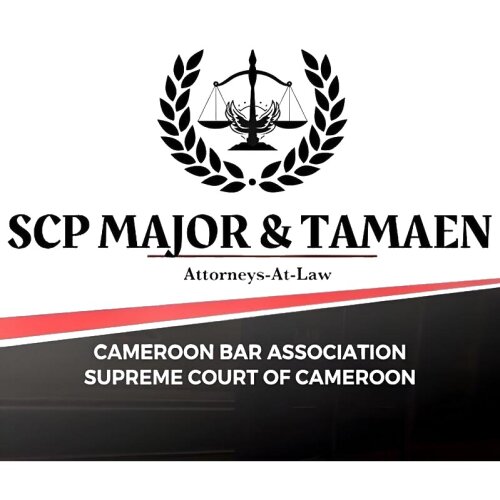Best Structured Finance Lawyers in Cameroon
Share your needs with us, get contacted by law firms.
Free. Takes 2 min.
Or refine your search by selecting a city:
List of the best lawyers in Cameroon
About Structured Finance Law in Cameroon
Structured Finance refers to complex financial instruments offered to borrowers with unique or sophisticated financing needs that cannot be met with traditional lending products. In Cameroon, Structured Finance typically involves methods such as securitization, syndicated loans, asset-backed securities, and project finance. These financial solutions are often used by large corporations, financial institutions, and government entities to raise capital, manage risks, and optimize financial performance.
The legal framework surrounding Structured Finance in Cameroon is influenced by both national legislation and regional frameworks, particularly those set by the Organisation for the Harmonisation of Business Law in Africa (OHADA). Proper legal guidance ensures that transactions are conducted efficiently, transparently, and in compliance with all applicable regulations.
Why You May Need a Lawyer
Structured Finance involves intricate legal, financial, and regulatory considerations. You may need a lawyer in the following situations:
- Structuring or negotiating large-scale project finance agreements
- Diversifying funding sources using securitizations or asset-backed securities
- Participating in syndicated loans or multi-lender financing
- Facilitating international investments and managing cross-border regulatory compliance
- Ensuring proper due diligence in complex financial transactions
- Resolving disputes or defaults arising from Structured Finance transactions
- Advising on tax and regulatory implications of financial structures
Legal assistance is crucial to identify risks, draft enforceable agreements, navigate regulatory processes, and protect your interests throughout the life cycle of the transaction.
Local Laws Overview
Structured Finance in Cameroon is governed by a combination of national laws and regional business legislation. Key aspects include:
- OHADA Uniform Acts: These acts standardize business and commercial laws across several African countries, including Cameroon. They cover areas like commercial companies, securities, insolvency, and security interests.
- Central Bank Regulations: The Bank of Central African States (BEAC) sets monetary policies that can affect the structuring and operation of financial transactions, particularly cross-border deals.
- Cameroonian Financial Market Authority (COSUMAF): This regulatory body oversees the Douala Stock Exchange and regulates capital market activities, including offerings of structured products.
- Tax and Foreign Exchange Laws: Tax treatment and the ability to repatriate funds are critical elements when structuring deals, especially for foreign investors.
- Banking Laws: National laws regulate the licensing and operation of banks and financial institutions involved in Structured Finance.
Understanding these legal frameworks is essential for ensuring compliance and minimizing transaction risks.
Frequently Asked Questions
What is Structured Finance?
Structured Finance involves customized financial arrangements designed to meet the specific needs of borrowers, often involving multiple assets or parties and complex risk management techniques.
Who typically uses Structured Finance in Cameroon?
Large corporations, government agencies, banks, and infrastructure developers are the primary users, especially for funding major projects or diversifying their sources of capital.
Can individuals access Structured Finance solutions?
Structured Finance products are generally not available to private individuals, as they are designed for large-scale, institutional, or governmental needs.
What laws regulate Structured Finance transactions in Cameroon?
Transactions are regulated by national financial laws, OHADA Uniform Acts, BEAC policies, and specific guidelines from COSUMAF for capital market activities.
What are the risks involved?
Risks include market volatility, changes in regulation, credit defaults, and operational complexities. Legal advice helps identify, manage, and mitigate these risks.
How is due diligence performed for Structured Finance deals?
Due diligence includes verifying the creditworthiness of parties, legality of underlying assets, regulatory compliance, tax implications, and reviewing the enforceability of legal documents.
Is foreign investment allowed in Structured Finance transactions?
Yes, but it is subject to certain regulatory and tax conditions, including compliance with exchange control regulations and obtaining any necessary approvals.
What happens if a party defaults in a Structured Finance transaction?
Remedies are governed by contract terms, OHADA insolvency procedures, and local court processes. Prompt legal action is crucial to protect your interests.
Are there specific incentives or regulations for green finance or infrastructure projects?
Certain incentives may be available under Cameroonian or regional initiatives for projects focused on sustainable development, energy, or infrastructure. Legal advice helps in identifying and applying for these incentives.
How can I find a qualified Structured Finance lawyer in Cameroon?
Look for law firms or professionals with demonstrated expertise in finance law and specific experience handling Structured Finance transactions within Cameroon and the CEMAC region.
Additional Resources
These resources can be helpful if you are seeking information or legal advice regarding Structured Finance in Cameroon:
- Cameroonian Ministry of Finance
- Bank of Central African States (BEAC)
- Cameroon Financial Markets Commission (COSUMAF)
- Douala Stock Exchange
- Bar Association of Cameroon
- Organisation for the Harmonisation of Business Law in Africa (OHADA)
- Chambers of Commerce and Industry in Cameroon
Next Steps
If you need legal assistance in Structured Finance, consider the following steps:
- Determine the nature and scope of your transaction or financing need.
- Gather all relevant documents and information related to your project or financing structure.
- Contact a lawyer or law firm specialized in finance and business law, with particular experience in Structured Finance.
- Prepare a list of questions and concerns to discuss during your first consultation.
- Work with your lawyer to map out a strategy, assess legal and regulatory risks, and develop documentation for your transaction.
- Ensure ongoing legal supervision to address any emerging risks, compliance issues, or disputes throughout the life of your Structured Finance arrangement.
Proper legal advice is essential in Structured Finance to navigate the complexities of the Cameroonian and regional business environment. Engaging a qualified lawyer will help safeguard your interests and optimize your financial operations.
Lawzana helps you find the best lawyers and law firms in Cameroon through a curated and pre-screened list of qualified legal professionals. Our platform offers rankings and detailed profiles of attorneys and law firms, allowing you to compare based on practice areas, including Structured Finance, experience, and client feedback.
Each profile includes a description of the firm's areas of practice, client reviews, team members and partners, year of establishment, spoken languages, office locations, contact information, social media presence, and any published articles or resources. Most firms on our platform speak English and are experienced in both local and international legal matters.
Get a quote from top-rated law firms in Cameroon — quickly, securely, and without unnecessary hassle.
Disclaimer:
The information provided on this page is for general informational purposes only and does not constitute legal advice. While we strive to ensure the accuracy and relevance of the content, legal information may change over time, and interpretations of the law can vary. You should always consult with a qualified legal professional for advice specific to your situation.
We disclaim all liability for actions taken or not taken based on the content of this page. If you believe any information is incorrect or outdated, please contact us, and we will review and update it where appropriate.
Browse structured finance law firms by city in Cameroon
Refine your search by selecting a city.






